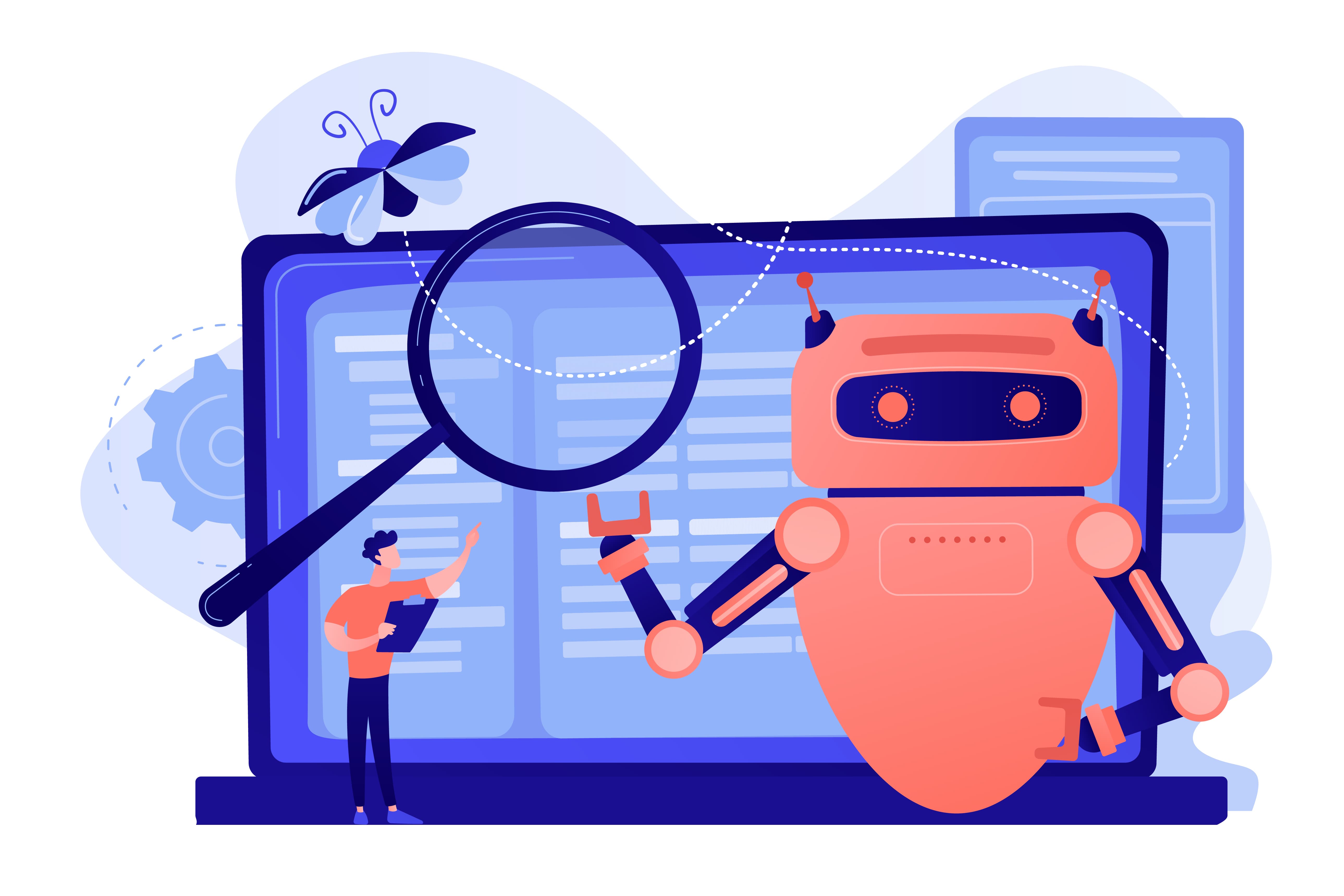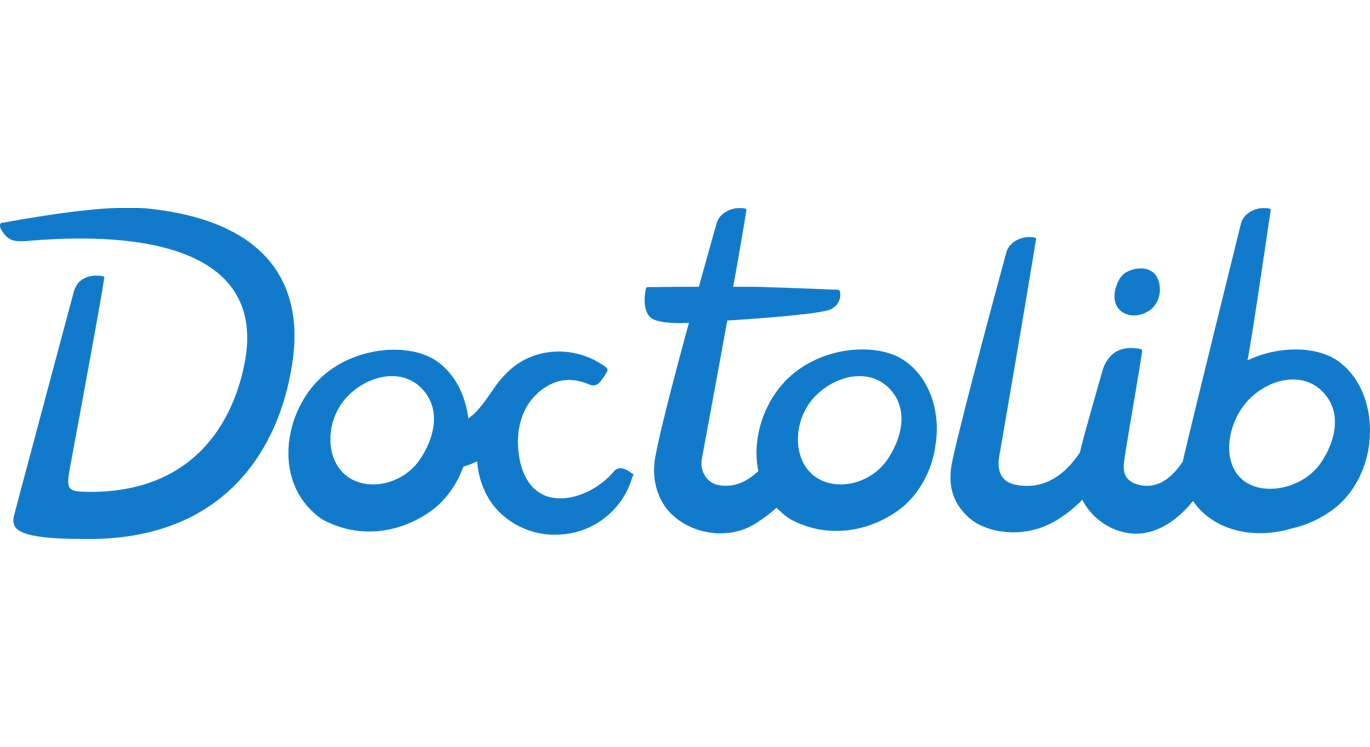Salesforce has signed a definitive agreement to acquire Spindle AI, a company specialising in agentic analytics and machine learning. The deal aims to strengthen Salesforce’s Agentforce platform by integrating Spindle’s advanced data modelling and forecasting technologies.
Spindle AI has developed neuro-symbolic AI agents capable of autonomously generating and optimising scenario models. Its analytics tools enable businesses to simulate and assess complex decisions, from pricing strategies to go-to-market plans, using AI-driven insights.
Salesforce said the acquisition will enhance its focus on Agent Observability and Self-Improvement within Agentforce 360. Executives described Spindle AI’s expertise as critical to building more transparent and reliable agentic systems capable of explaining and refining their own reasoning.
The acquisition, subject to customary closing conditions, is expected to be completed in Salesforce’s fourth fiscal quarter of 2026. Once finalised, Spindle AI will join Agentforce to expand AI-powered analytics, continuous optimisation, and ROI forecasting for enterprise customers worldwide.
Would you like to learn more about AI, tech and digital diplomacy? If so, ask our Diplo chatbot!










